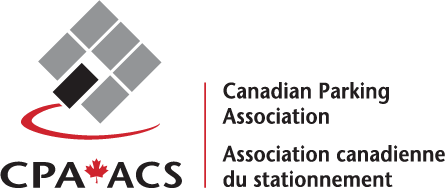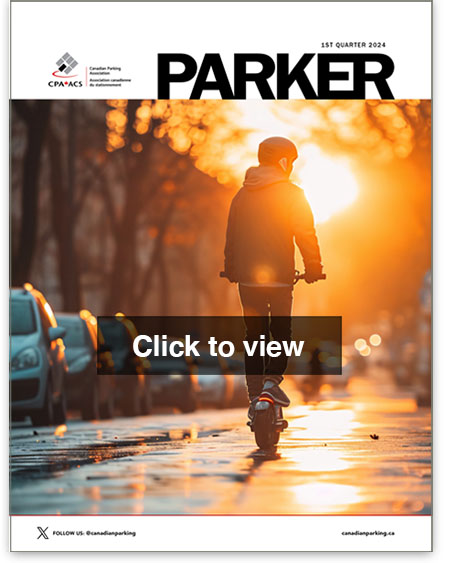How Are Asphalt Paving and Sealcoating Different?
When the time comes to consider asphalt repair for your parking lot or driveway, you want to be absolutely sure you’re choosing the right option. Asphalt paving and sealcoating can appear similar on the surface—no pun intended—but these two maintenance and repair procedures are very different.
Asphalt Paving – The what, how, and when
Asphalt paving is the process where existing asphalt surfaces are either replaced or have a new layer of asphalt added on top of them. It’s most often used when asphalt is showing signs of deterioration or wear, such as large cracks and potholes, but when the wear is not bad enough to warrant a complete replacement.
There are a number of options for surface asphalt repair, depending on the issues your parking lot is facing:
Infrared repair – a process in which new and existing asphalt is blended together and compacted into the damaged area for seamless reparation of potholes and rough areas. This method is particularly effective due to the quality of the repair, reduced construction time, and economical advantages.
Pothole repair – asphalt mix is added to the hole after debris has been cleared away, which is then compacted with a multi-ton vibratory roller or a vibratory plate. This is, more often than not, a remedial repair and the hole may reform months or even weeks after the job.
Resurfacing – after the asphalt has been cleared of debris, a new layer of asphalt is applied to the old surface. Between these layers is tack coat, which bonds the two different asphalts together firmly. The new layer will measure the correct depth and be compacted with a multi-ton vibratory roller.
If your parking lot or other asphalt paved surface is coming to the end of its life, it will likely have potholes, cracks, be brittle or exhibit discolored areas from elemental exposure and use. While it will extend the life of your asphalt, paving will not repair issues or defects below the surface. However, it can be laid quickly and makes outdoor surfaces appear new, making it a good choice for repairing minor damage or defects to your asphalt surfaces.
Sealcoating – The what, how, and when
A sealcoat is a mixture of asphalt, petroleum products or coal tar pitch which is combined with other substances such as inert fillers, water, and additives. It’s applied to the surface of your asphalt in a thin layer, either through a spray or by using a squeegee. The sealcoat is a preventative measure designed to protect your asphalt parking lot or driveway from gasoline, salt, water, ultraviolet rays, and oil – all substances which will erode and damage your asphalt. The coating acts like a barrier, filling in any small cracks or areas where moisture can seep in, preserving the structural integrity of your asphalt, and giving it a fresh, new appearance.
Sealcoating is one of the most important elements of a pavement management plan. Applied in thin coats, pavement sealing is used to protect off-highway pavement surfaces against gasoline, oil, salt, water, and ultraviolet rays. When covered with a dark black sealant, pavement looks and wears like new. Parking lot sealcoating helps to project a positive image of the company and facility.
There are also many green alternative coatings that enhance solar reflectivity and are very cost effective. For instance, Solar Reflective Coatings are a premium quality, highly pigmented, polymeric surfacing system designed for heat reduction of parking surfaces. The product is formulated with infrared reflective pigments to reduce solar absorption, increase reflectance and achieves a desired solar reflectance index (SRI) of up to 40%. It contains no PAHs, has an extremely low VOC content, is fuel-resistant and is non-fading.
Benefits of traditional sealcoating include:
Beautification – When covered with a dark black sealant, pavement looks and wears like new. Parking lot sealcoating helps to project a positive image of the company, facility, or residential complex.
Slows oxidation and Water Penetration – Sealcoating fills surface voids, which reduces exposure to oxygen and UV rays and reduces the depth to which oil or gas can penetrate the pavement. Sealcoating acts as a waterproofing agent, minimizing the rate at which water enters pavement. Without it, water can permeate more freely resulting in freeze/thaw expansion and contraction of the pavement.
Sealcoating Resists Oil and Gas Spills – Gasoline dripping from a topped-off fuel tank during hot weather can soften and break down unsealed asphalt pavements. Coal tars used in sealcoat are impervious to gas and oil spills.
Traditional Sealcoat being Applied – Sealcoating increases pavement flexibility and brings a dark black color to the pavement. The blacker it is, the more heat a pavement draws from the sun. And, the hotter it gets, the more pliable it becomes, which helps it to withstand traffic without cracking.
Sealcoating is recommended as part of a routine maintenance program for your asphalt, beginning between 2-5 years after it has been first laid. At this point, the surface of the parking lot or driveway can begin to develop signs of wear, so maintenance must be performed to preserve durability.
Heavy vehicular traffic and extended weather exposure will contribute to the wear rate of your sealcoating, meaning your asphalt will require regular maintenance. Not only does routine application extend the lifespan of the asphalt considerably, sealcoating gives a fresh, updated look, particularly when accompanied by applicable lot striping. Both services are relatively easy methods to ensure that your parking lot stays looking great and lasts for as long as possible.ν
Still have questions? Contact Rose Paving today and we’ll help you choose the best maintenance plan for your asphalt needs.
www.rosepaving.com/parking-lot-paving-canada/





You shared a great article. I would like to appreciate your time and effort in creating this meaningful information. Here are my thoughts about Asphalt Paving Chilliwack. Choosing the right Asphalt Paving Chilliwack is crucial for a smooth and durable surface. Quality workmanship matters, especially in our weather. It’s worth investing in professionals who understand the local conditions. Your driveway or pavement will thank you!